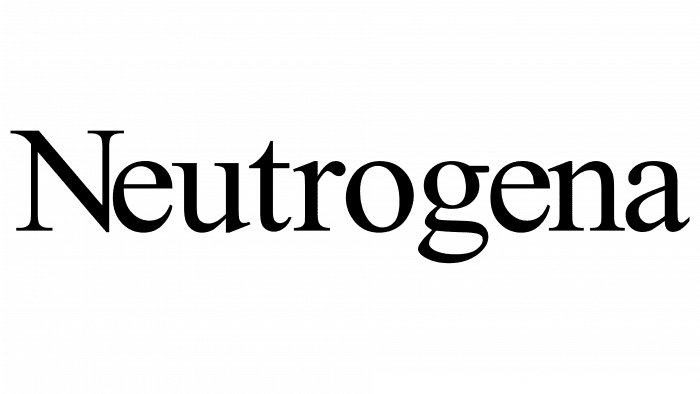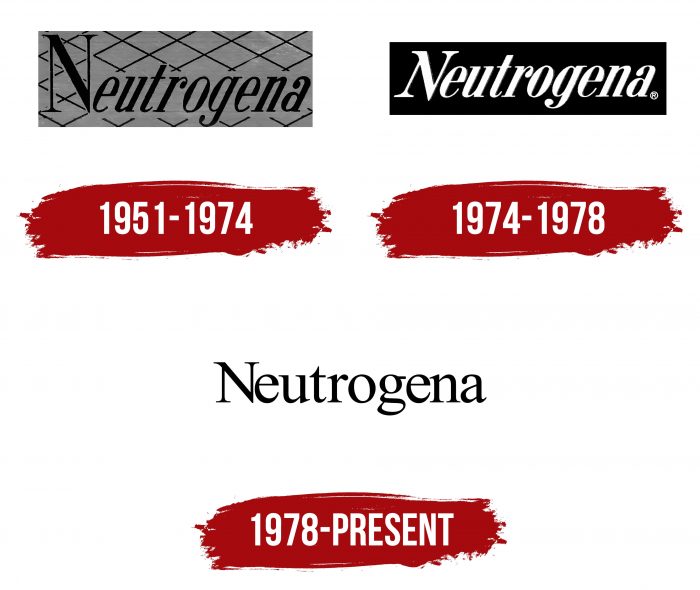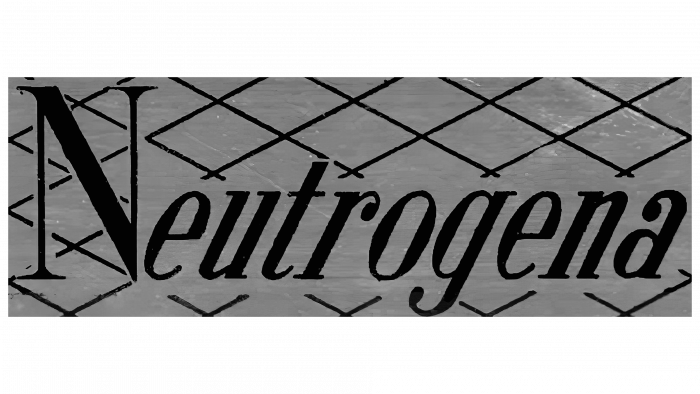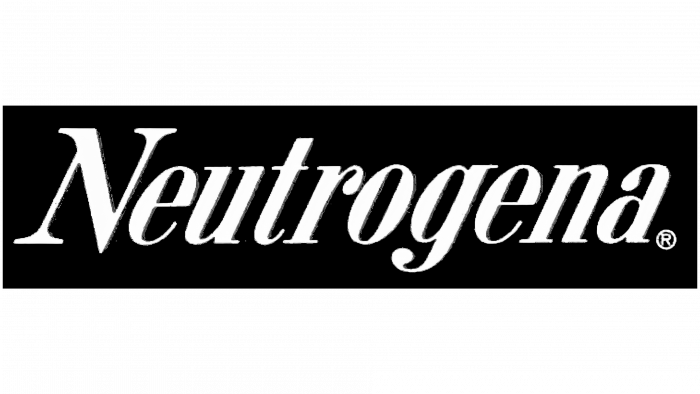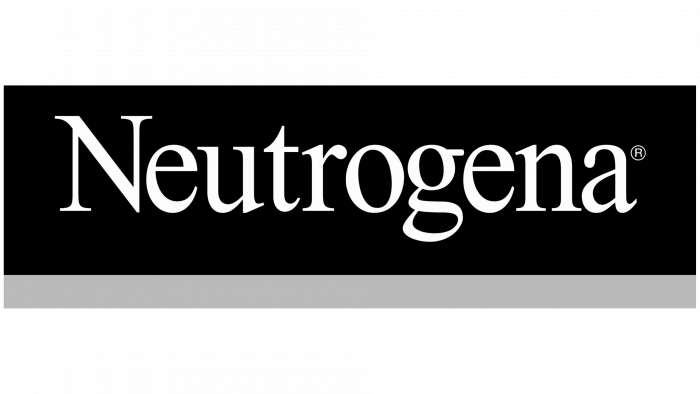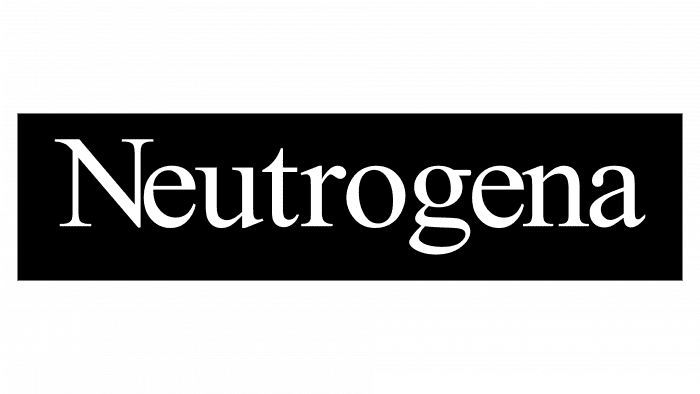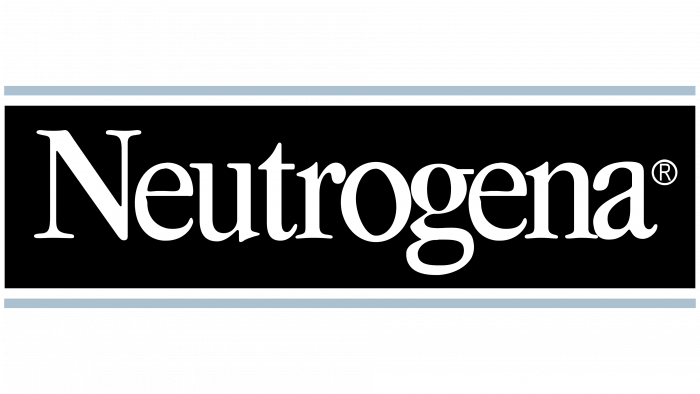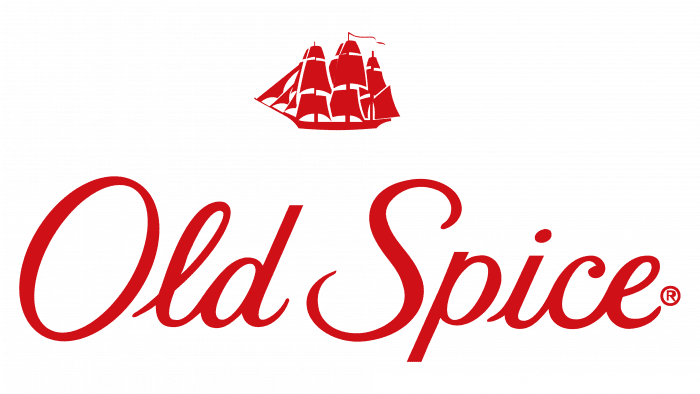The seemingly simple Neutrogena logo is actually not that simple. Designers used the world’s most common font, Times New Roman, and a minimalist black color to show that behind a dull sign, a riot of colors can hide – an entire universe of bright cosmetics.
Neutrogena: Brand overview
| Founded: | 1930 |
| Founder: | Emanuel Stolaroff |
| Headquarters: | Los Angeles, United States |
| Website: | neutrogena.com |
Meaning and History
In its early years, the cosmetic company supplied its products to specialized stores serving Hollywood stars. These were prestigious goods. But their distribution history did not start simply. The founder expanded the business, gradually turning it into a profitable company with its own stores. In 1945, he met Belgian chemist Edmond Fromont, married his daughter, and gained full rights to the patented formula of a new soap – soft, transparent, and non-drying to the skin. In 1994, the Neutrogena trademark became the property of Johnson & Johnson. In 2021, it was involved in a scandal related to benzene, a cancer-causing substance, and recalled several products from the market.
What is Neutrogena?
Neutrogena is the trade name of Neutrogena Corporation, which has been owned by Johnson & Johnson since 1994. It is used on the logo, where only one word is presented, executed in a serif font. The company produces a variety of cosmetics, as well as hair and skin care products.
1951 – 1974
The presented logo consists of a rectangle – horizontal, elongated, adorned with lined-up stripes. They are thin, intersecting each other, and form numerous diamonds. Against their background is the name of the cosmetic brand. The inscription is clear and includes a combination of lowercase and uppercase letters, following grammatical rules. But the first letter, “N,” is somewhat separated from the rest, as it is placed upright, while the second part of the word is tilted to the right.
1974 – 1978
After several modifications, the emblem transformed – it became much more correct due to the tilt of the first letter “N.” Moreover, designers added boldness to the symbols while preserving the original font. They colored the base in black so that the name would not be lost against the background of small elements and made the rectangle narrower.
1978 – today
The individual trademark only features the name. There are no other identifying elements. The word “Neutrogena” occupies all the space on the logo and is characterized by a tight arrangement of characters.
Neutrogena: Interesting Facts
Neutrogena is a big name in skincare that started in a surprising place – not in a science lab or a beauty shop, but in a small fish restaurant in 1930. Emanuel Stolaroff, the guy who started it all, first had a company that provided makeup and skincare to movie stars.
- How It All Began: Imagine starting a skincare company after running a fish restaurant. That’s how Neutrogena began. Emanuel Stolaroff moved from serving fish to creating a company called Natone, which helped Hollywood stars look their best.
- The Soap That Changed Everything: In the 1950s, Neutrogena made a special soap that was kind to the skin and didn’t make it dry. It was different because it was filled with glycerin, making it so light that it could float on water.
- Growing Big with Science: In 1962, Stolaroff’s son-in-law, Lloyd Cotsen, took over and pushed Neutrogena to focus on science and research. This helped the company grow big and reach people in over 70 countries.
- Joining Forces with Johnson & Johnson: In 1994, Neutrogena joined Johnson & Johnson, a huge company known for caring for people’s health. This helped Neutrogena get even better at making new products and reaching more places around the world.
- Not Just for Skin: Neutrogena is famous for its skincare and makes hair and makeup products. It uses its knowledge of skin to make all kinds of beauty products.
Neutrogena’s story is about starting small, thinking big, and always trying to make good products for people’s skin. From a fish restaurant to a global brand, Neutrogena shows you can make a big splash in beauty with the right ideas and hard work.
Font and Colors
The inscription used the classic font, the most common in the world – Times New Roman. This brought the emblem popularity and brand recognition, as this font is easily readable. The logo’s color is monochromatic and consists of a combination of black and white. The current version also includes dark gray.
Neutrogena color codes
| Neutrogena Black | Hex color: | #000000 |
|---|---|---|
| RGB: | 0 0 0 | |
| CMYK: | 0 0 0 100 | |
| Pantone: | PMS Process Black C |
FAQ
What does the Neutrogena logo mean?
The Neutrogena logo represents the trade name of this company, as it contains nothing but a short inscription. Moreover, over the decades, the structure of the word mark has remained virtually unchanged, indicating the brand’s consistency and commitment to tradition.
What does the Neutrogena logo symbolize?
Since the Neutrogena logo consists only of the brand name, it symbolizes its superiority and paramount importance. The standard yet stylish font speaks to the idea that beauty lies in simplicity. The word “Neutrogena” was chosen as the name to indicate the pH-neutrality of the cosmetics.
What font is used in the Neutrogena logo?
By all indications, the Neutrogena logo uses the Timeless Light font by URW++, similar to Times New Roman. It’s a transitional font with thin, elongated serifs and contrasting thicknesses of primary and secondary strokes.
What is Neutrogena’s slogan?
Neutrogena had many advertising slogans, much more informative than its logo. Essentially, these are short phrases expressing a certain idea: “Beautiful and beneficial,” “Break the vicious circle,” “Healthy skin, noticeably smoother.” And in 2016, the cosmetic manufacturer launched the “See What’s Possible” campaign, aimed at demonstrating gender equality.
